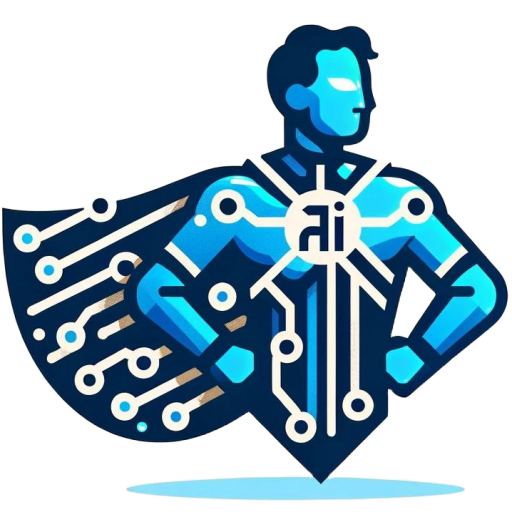Last Updated: January 17, 2024
The Current Landscape of AI in Cancer Care
The integration of Artificial Intelligence (AI) in oncology is revolutionizing cancer treatment. For instance, a collaboration between Stemline Therapeutics and Insilico Medicine is set to enhance breast cancer treatment through an AI-designed KAT6A inhibitor. This innovation is particularly promising for ER+/HER2- breast cancer.
Advancements in Precision Oncology
AI applications like Penn Medicine’s iStar are offering clinicians deeper insights into gene activities within medical images. Such tools help in the diagnosis of cancers that were previously undetected. Furthermore, AI in radiology and pathology is enhancing image resolution and speeding up diagnostic processes, making cancer detection more efficient.
AI’s Role in Streamlining Cancer Care Delivery
The role of AI extends beyond diagnosis and treatment to improving healthcare delivery. AI is being utilized to automate administrative tasks in cancer care, thus giving professionals more time for patient interaction and reducing clinician burnout, as discussed in ASCO Connection.
Challenges and Considerations
Despite these advancements, the integration of AI into cancer care brings challenges, such as the potential generation of false information by Large Language Models and concerns about patient privacy. Addressing potential biases in AI algorithms is crucial to ensure fair and effective treatment across different populations.
The Future of AI in Cancer Care
The future of AI in cancer care looks toward further innovation, focusing on enhancing treatment outcomes and healthcare delivery efficiency. Ensuring responsible and ethical implementation of AI in oncology will require collaborative efforts between AI experts and healthcare professionals.
Next Steps for Various Audiences
For Doctors
- Explore and implement AI tools like iStar for enhanced diagnostic capabilities.
- Utilize AI for routine tasks to decrease the administrative load.
For Patients
- Stay informed about AI-driven treatment options and discuss their viability with healthcare providers.
- Use AI-powered apps for a better understanding of treatment options.
For Healthcare Administrators
- Implement AI solutions to improve administrative efficiency and patient care.
- Ensure ethical considerations and patient privacy are prioritized in AI integration.
The integration of AI in cancer treatment represents a significant step forward in personalizing and enhancing cancer care. It’s a journey of continued innovation, collaboration, and cautious optimism, offering hope for more effective cancer treatment strategies.

Leave a Reply